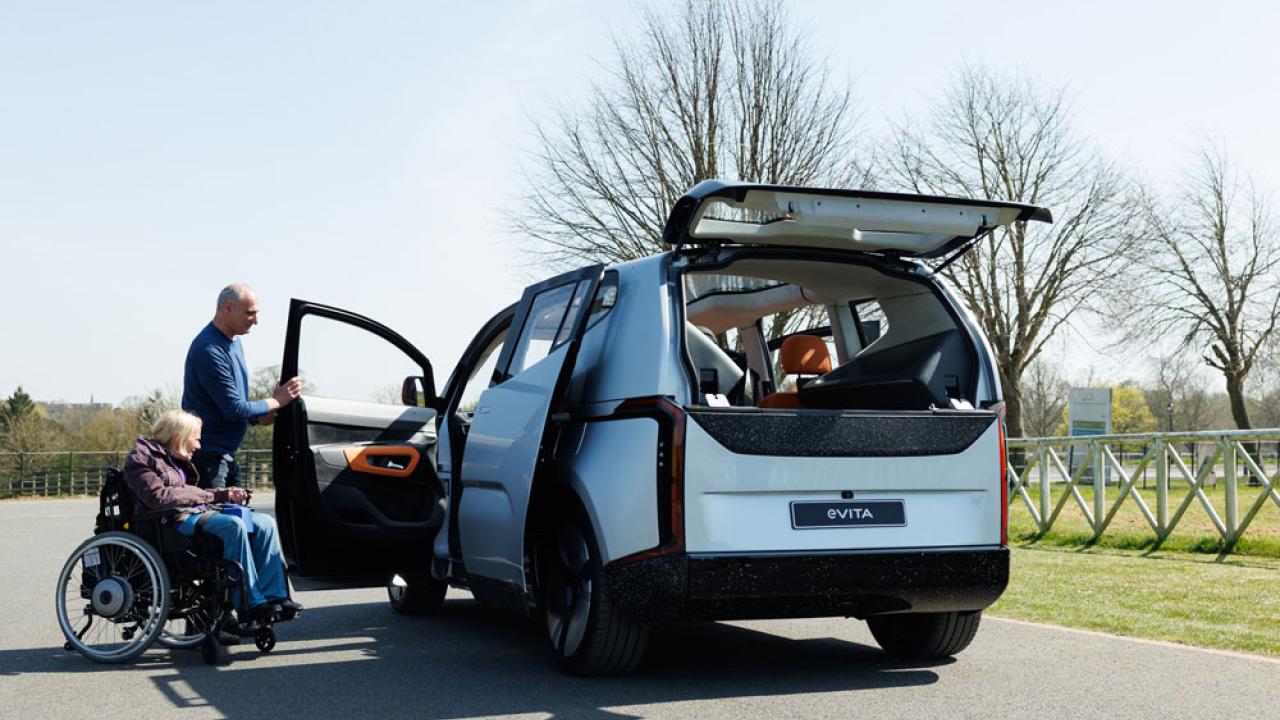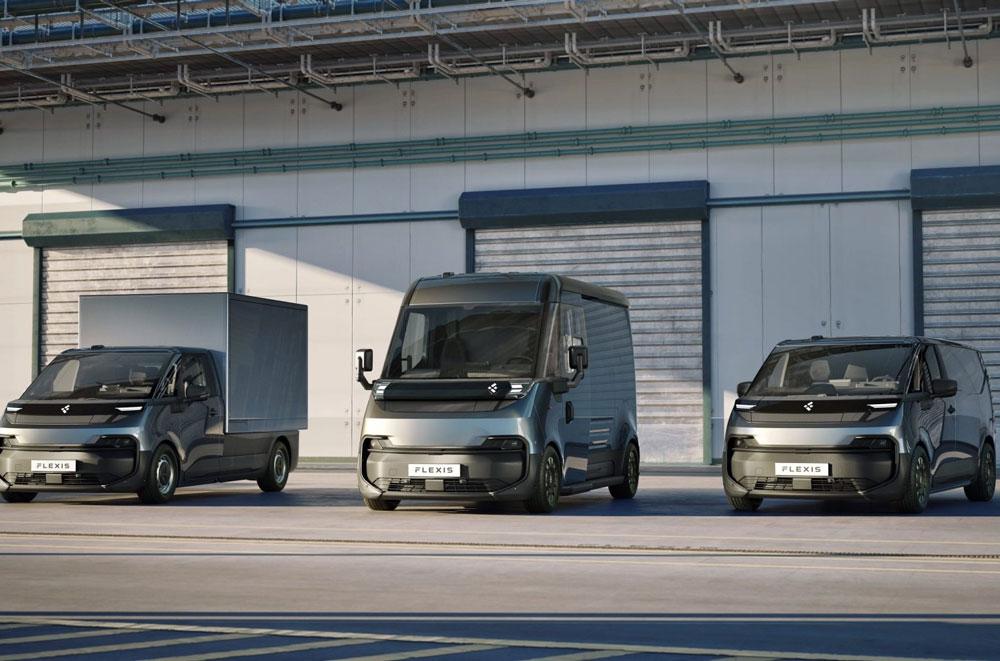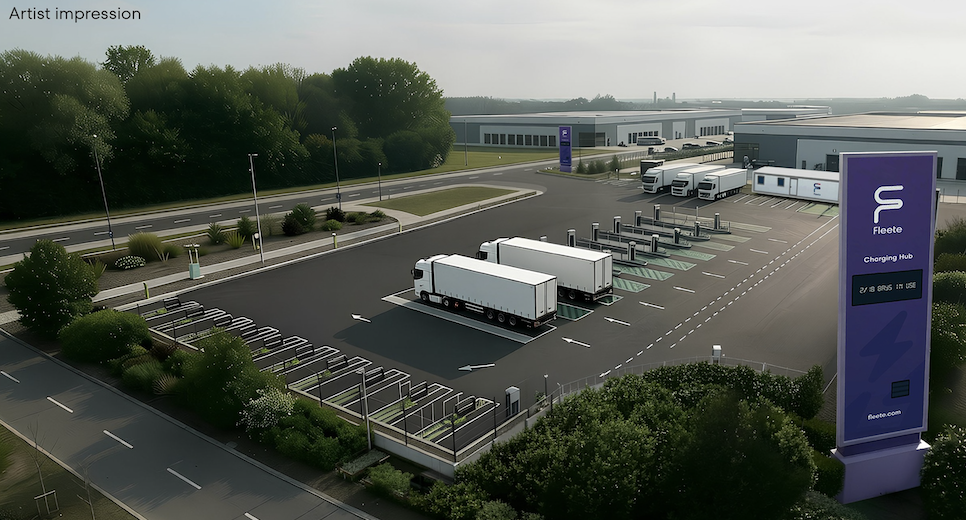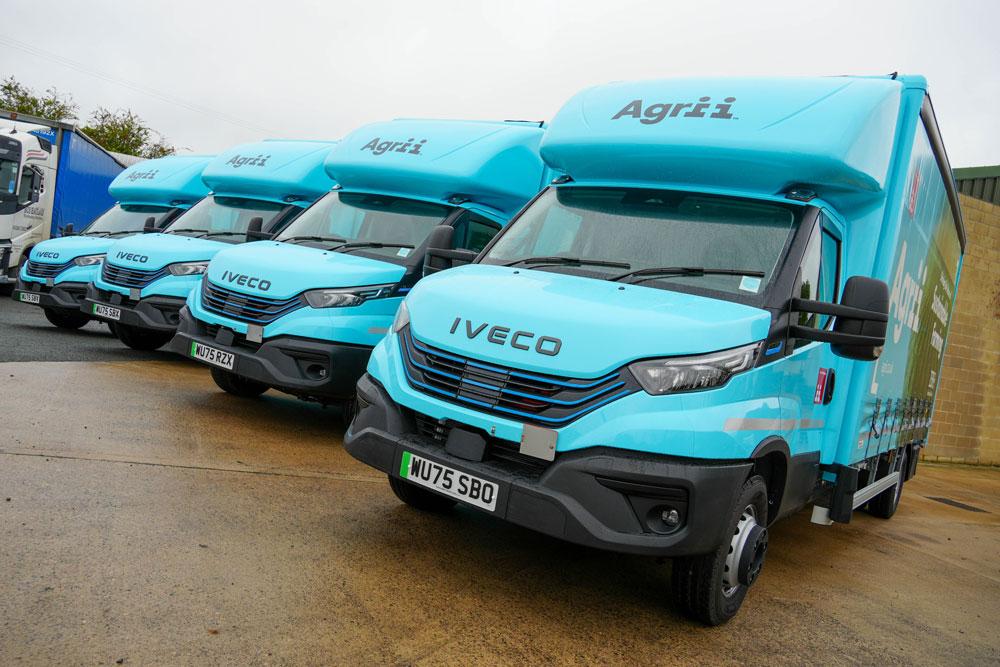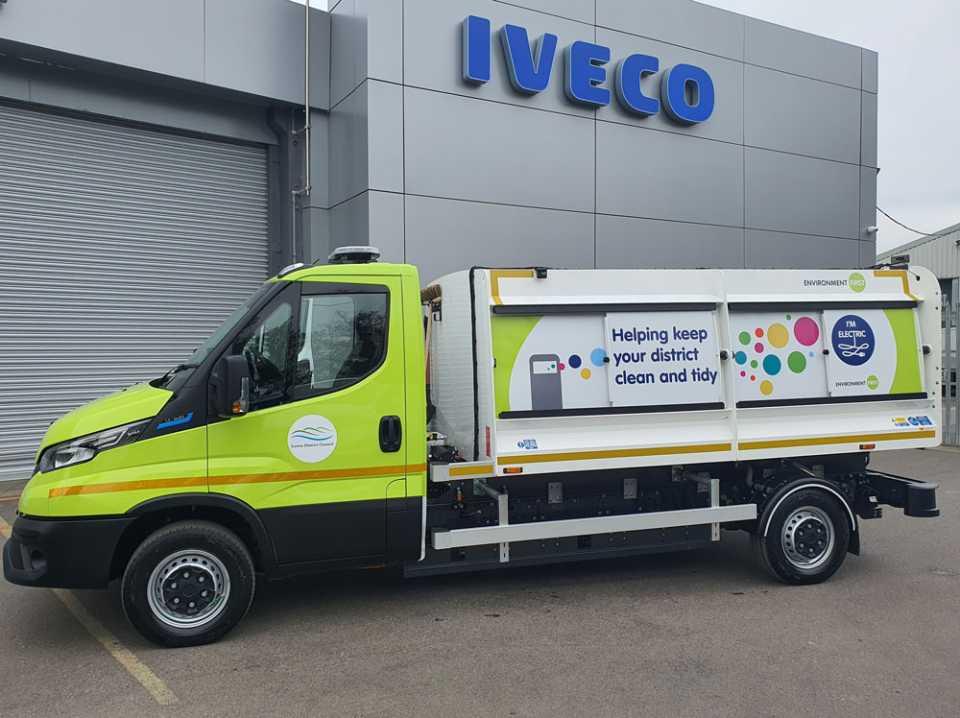Motability Operations have unveiled a new electric wheelchair accessible vehicle (eWAV) to encourage more manufacturers to harness wheelchair-friendly design.
The demonstrator car, named eVITA, was designed and assembled with CALLUM in Britain and used feedback from disabled people to ensure that it addressed the obstacles wheelchair users face accessing EVs.
Key features of the eVITA model include a reconfigured battery layout to enable wheelchair access, with a low-angle rear ramp integrated into the electric tailgate.
Additionally, the eWAV has raised windows to reduce motion sickness and a panoramic glass roof that lets in lots of light, as well as a design that allows the wheelchair user to sit closer to the driver, fostering a safer and more social journey.
Motability Operations is showcasing the eVITA programme to engage manufacturers about the opportunities for accessible designs as the industry shifts to electric. With 35,000 WAVs already in its fleet, data has show that demand could increase, with analysing showing a market for around 40,000 new WAVs in Europe.
Motability Operations is therefore sharing their innovative eWAV design to car manufacturers for free to ensure they aware of the need and demand for eWAVs, having already collaborated with Kia Corporation on the development of a wheelchair-accessible variant of the PV5.
The company continues to work closely with UK converters who have made significant investment in the conversion of EVs. All WAVs on the Motability Scheme have been converted from standard production vehicles by UK businesses who specialise in this work.
Andrew Miller, CEO of Motability Operations, said: “Up to 1.2 million wheelchair users in the UK are at risk of being left behind as the country shifts to electric vehicles but this can be addressed by placing accessibility at the heart of vehicle design. That is why we invested in eVITA - informed by our customers’ insight - to provide a blueprint for how manufacturers can embed accessibility into design processes from the outset, reducing cost and protecting disabled people’s independence.
“This is just the first step. Our aim is to work with as many manufacturers and converters as possible to share our learnings and support the development of solutions that will safeguard disabled people’s mobility as the industry moves towards electric.”

